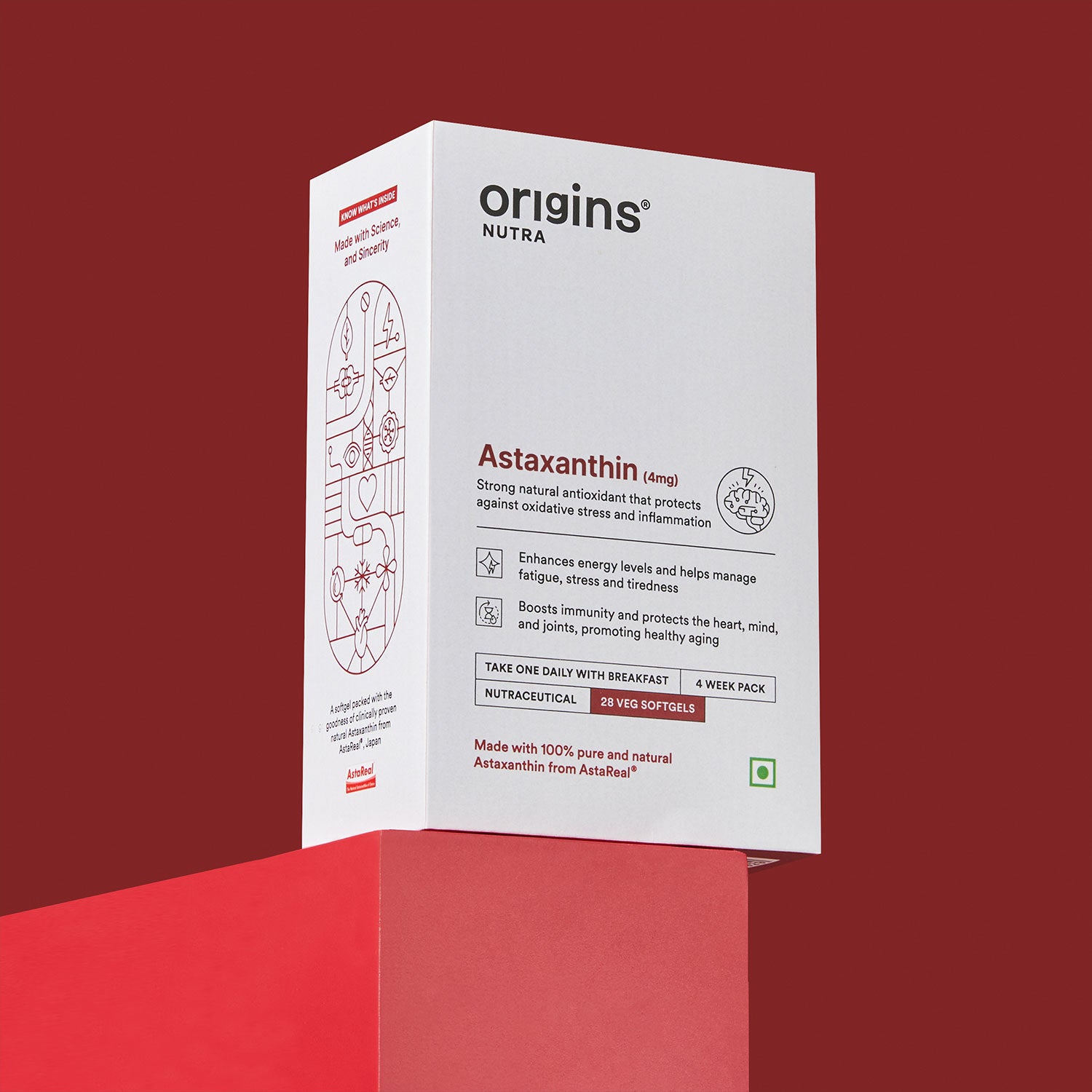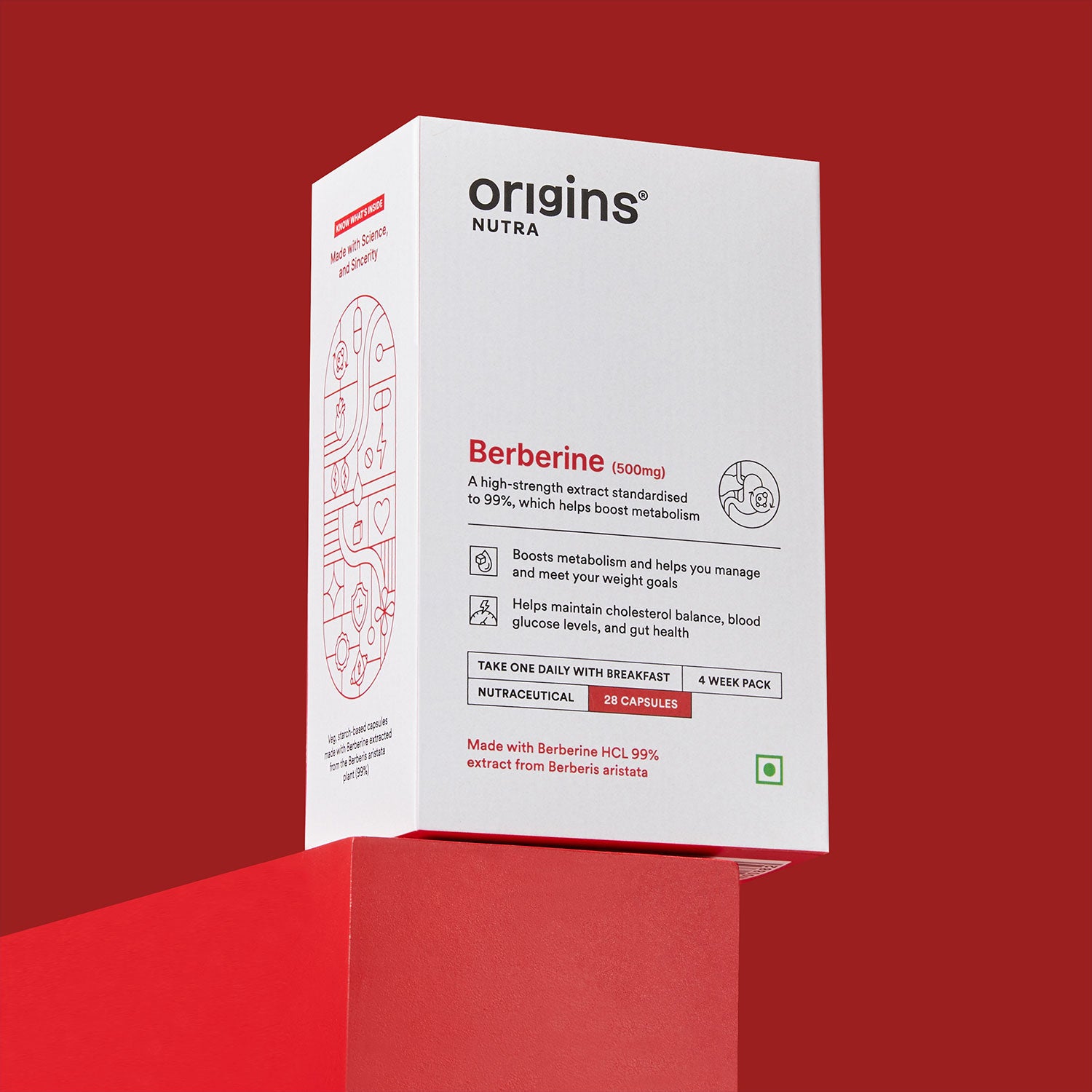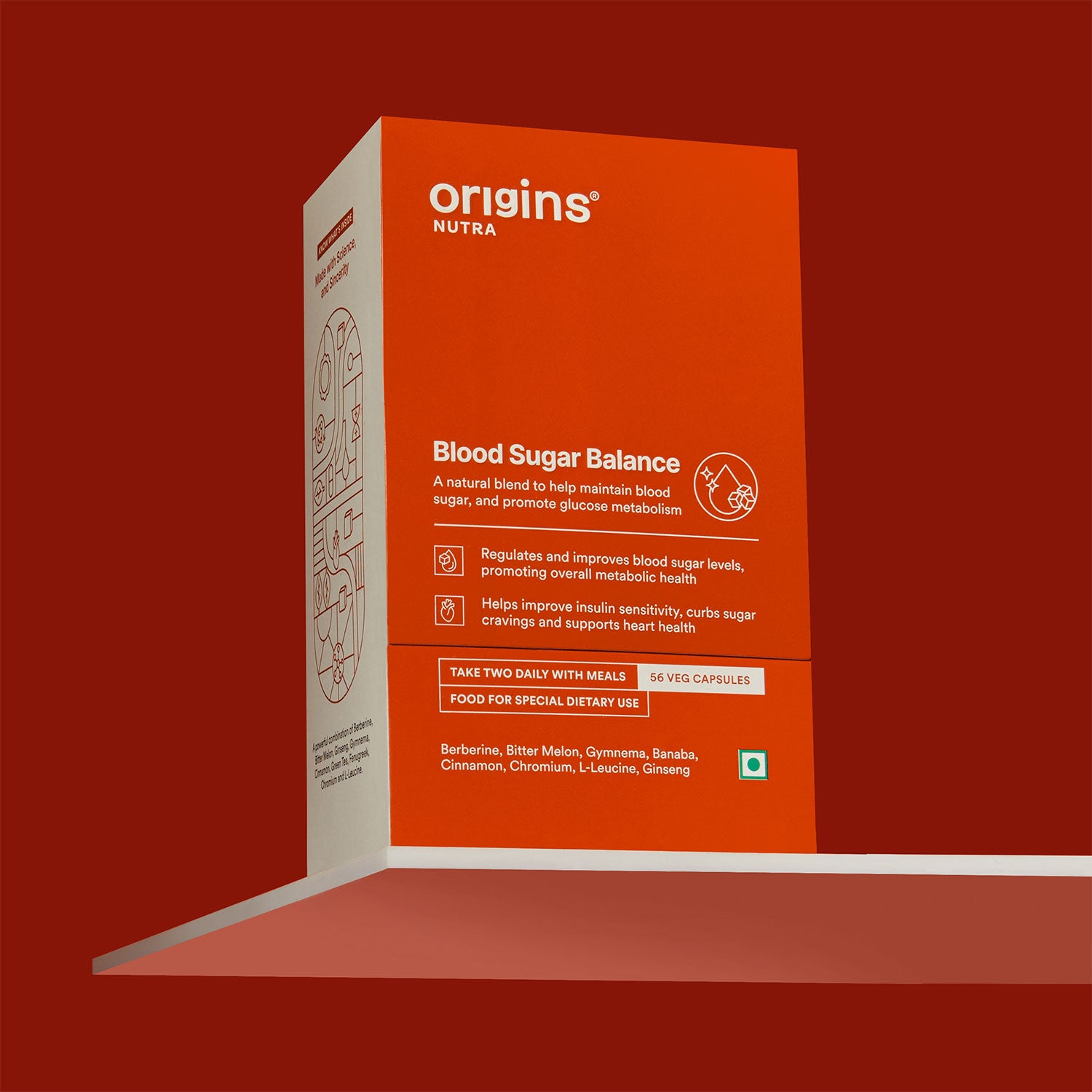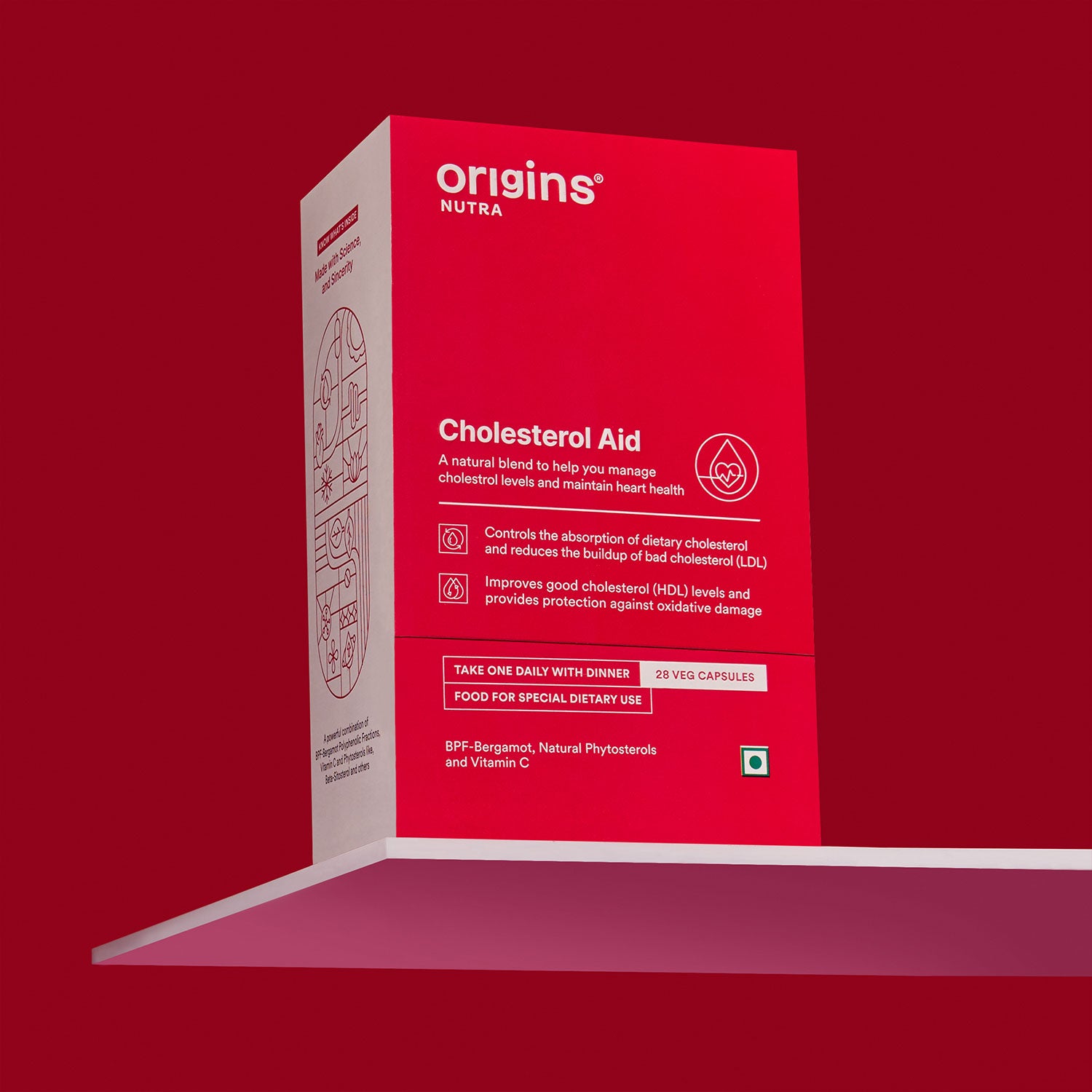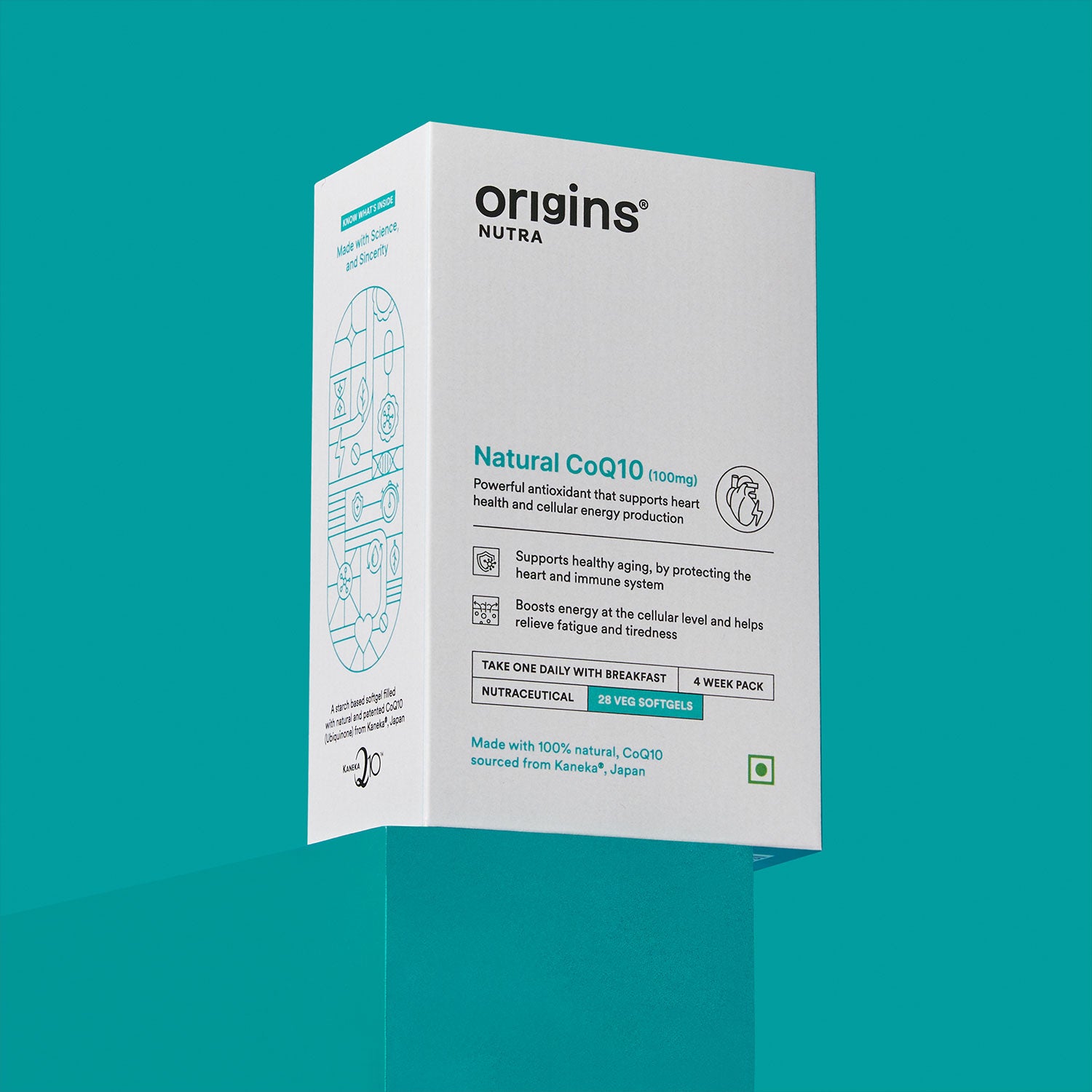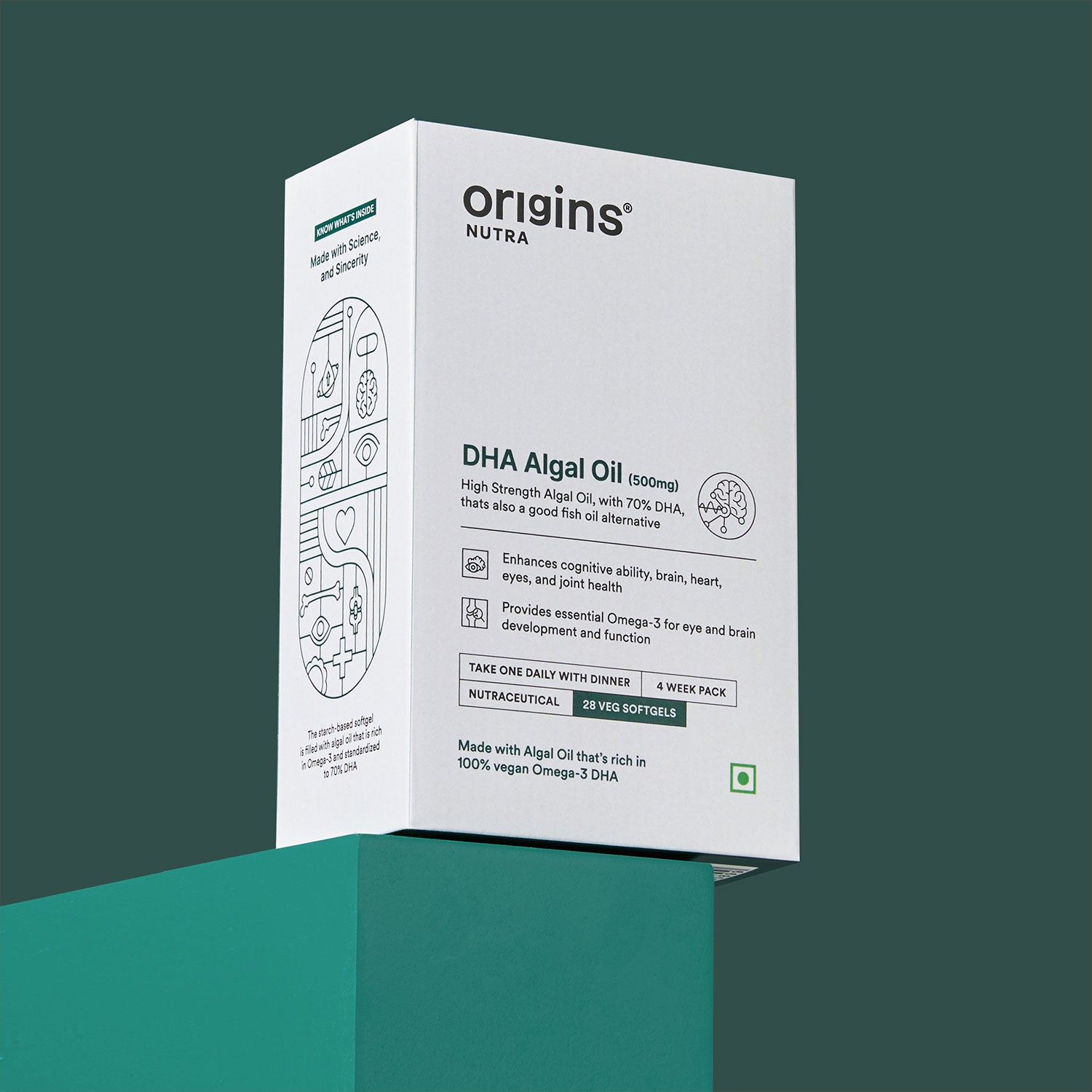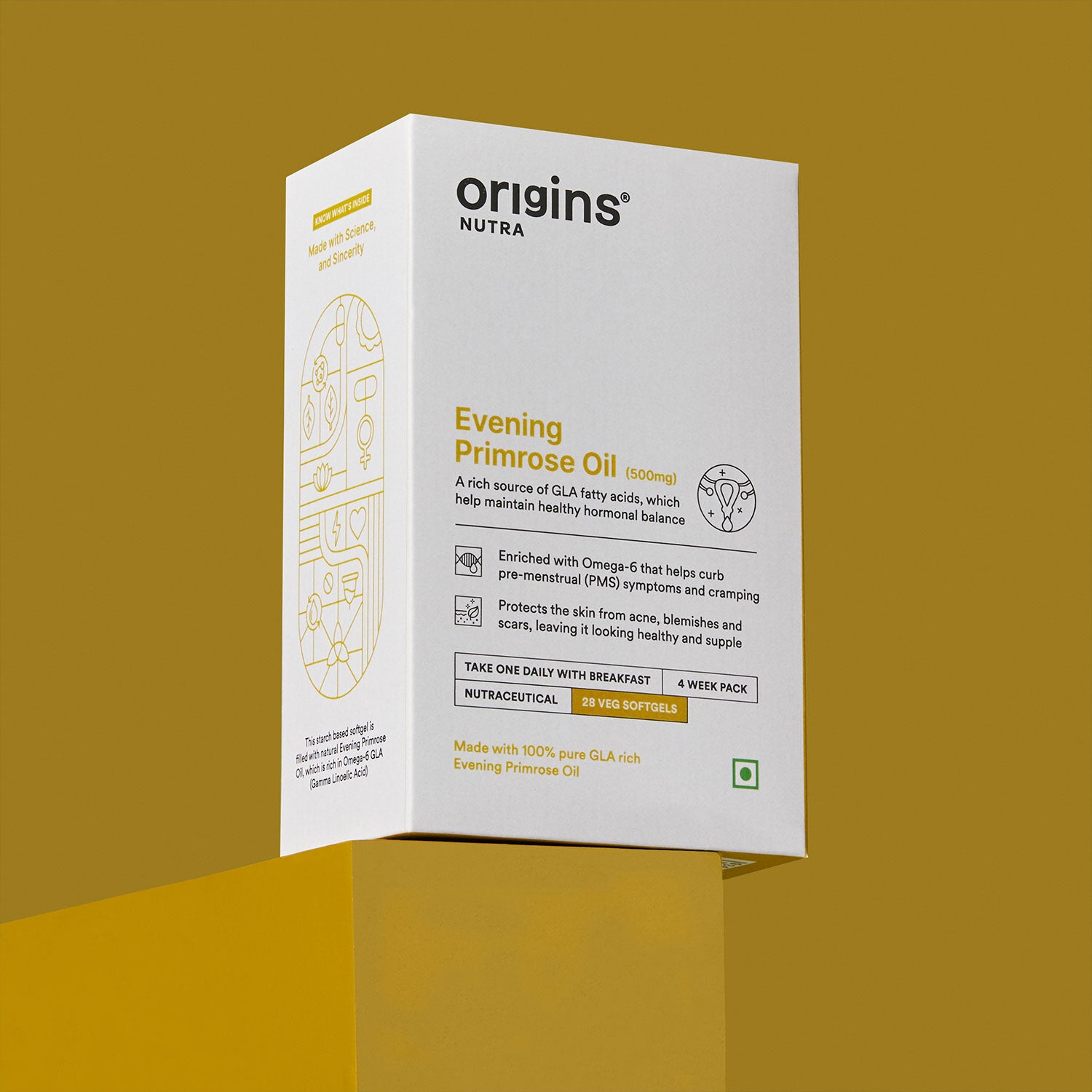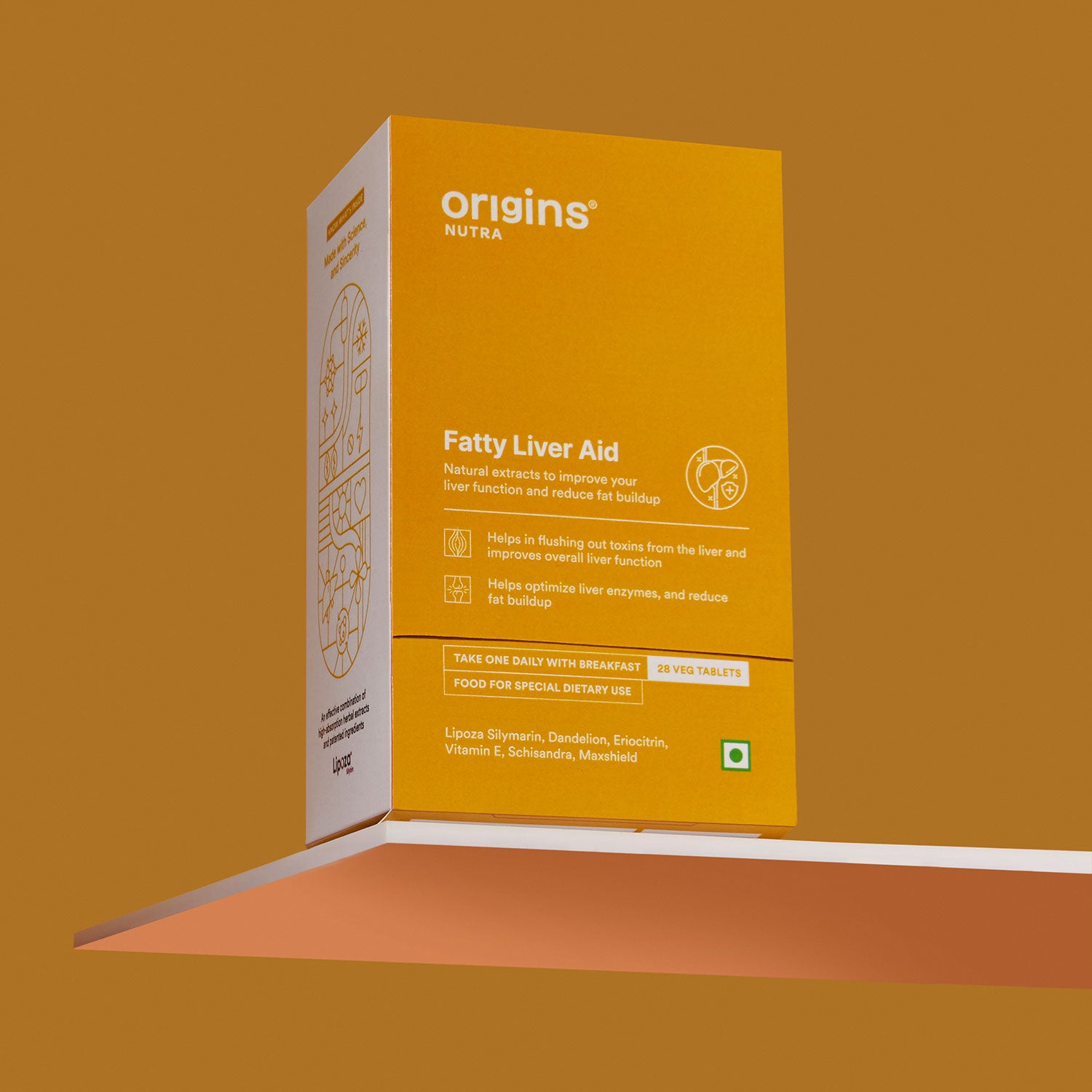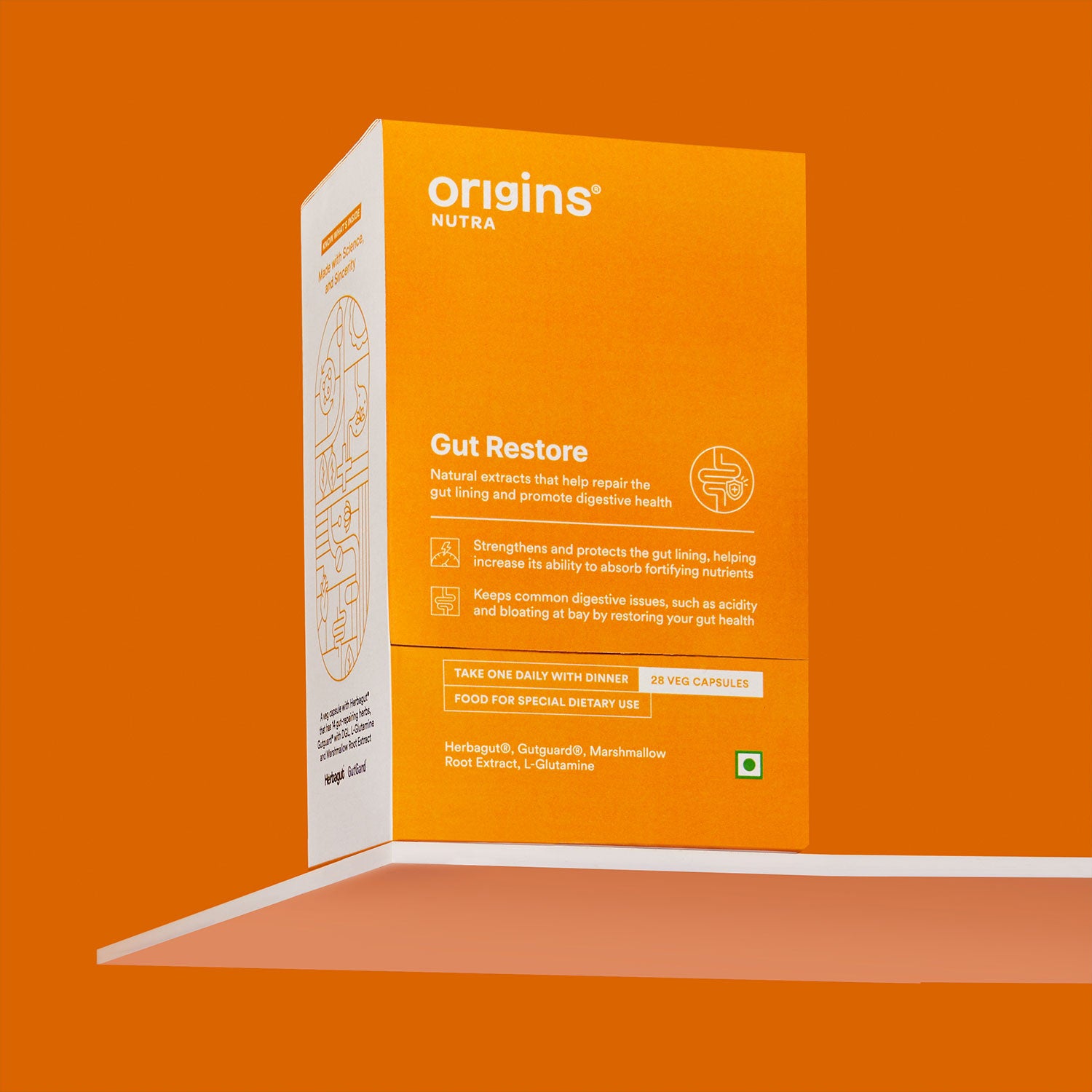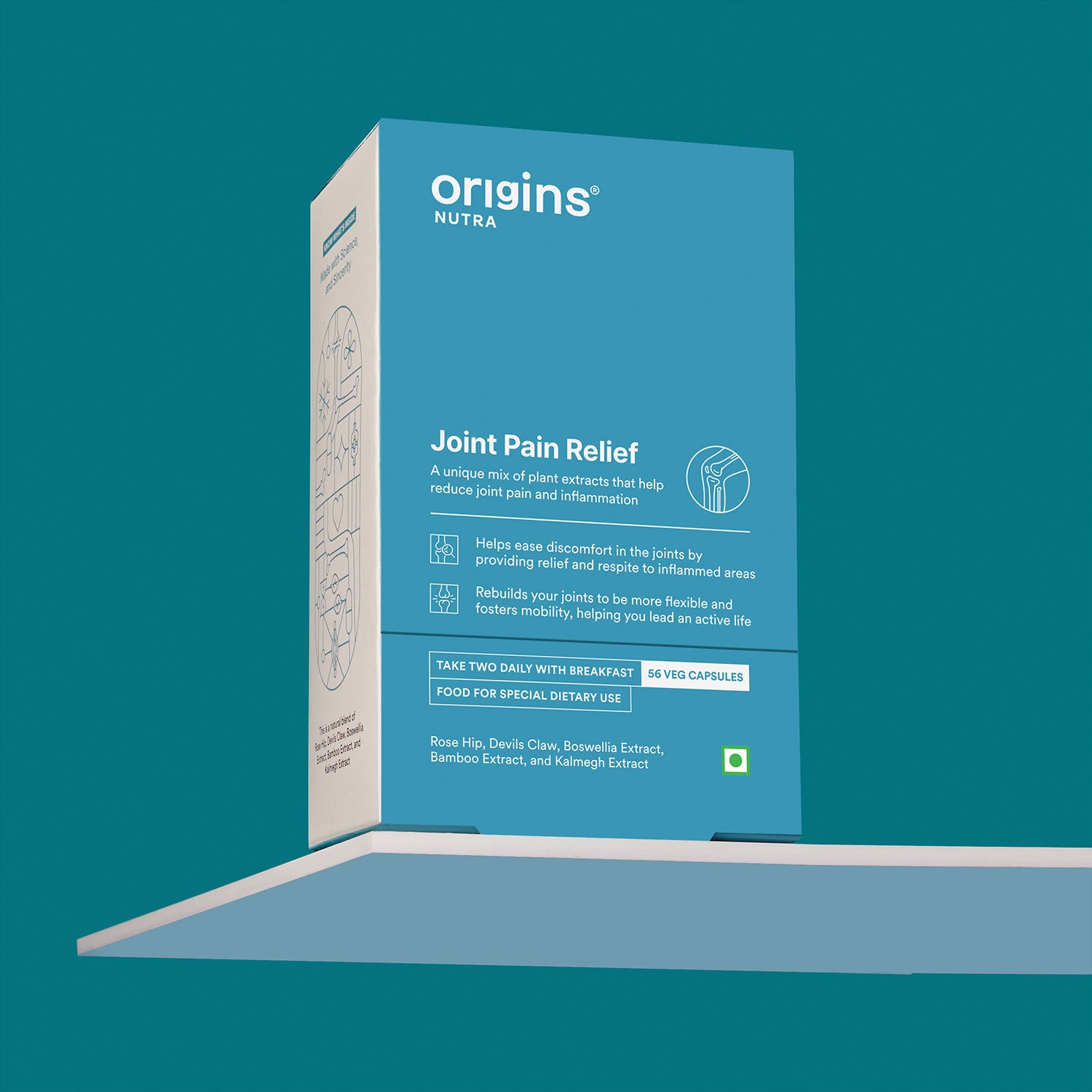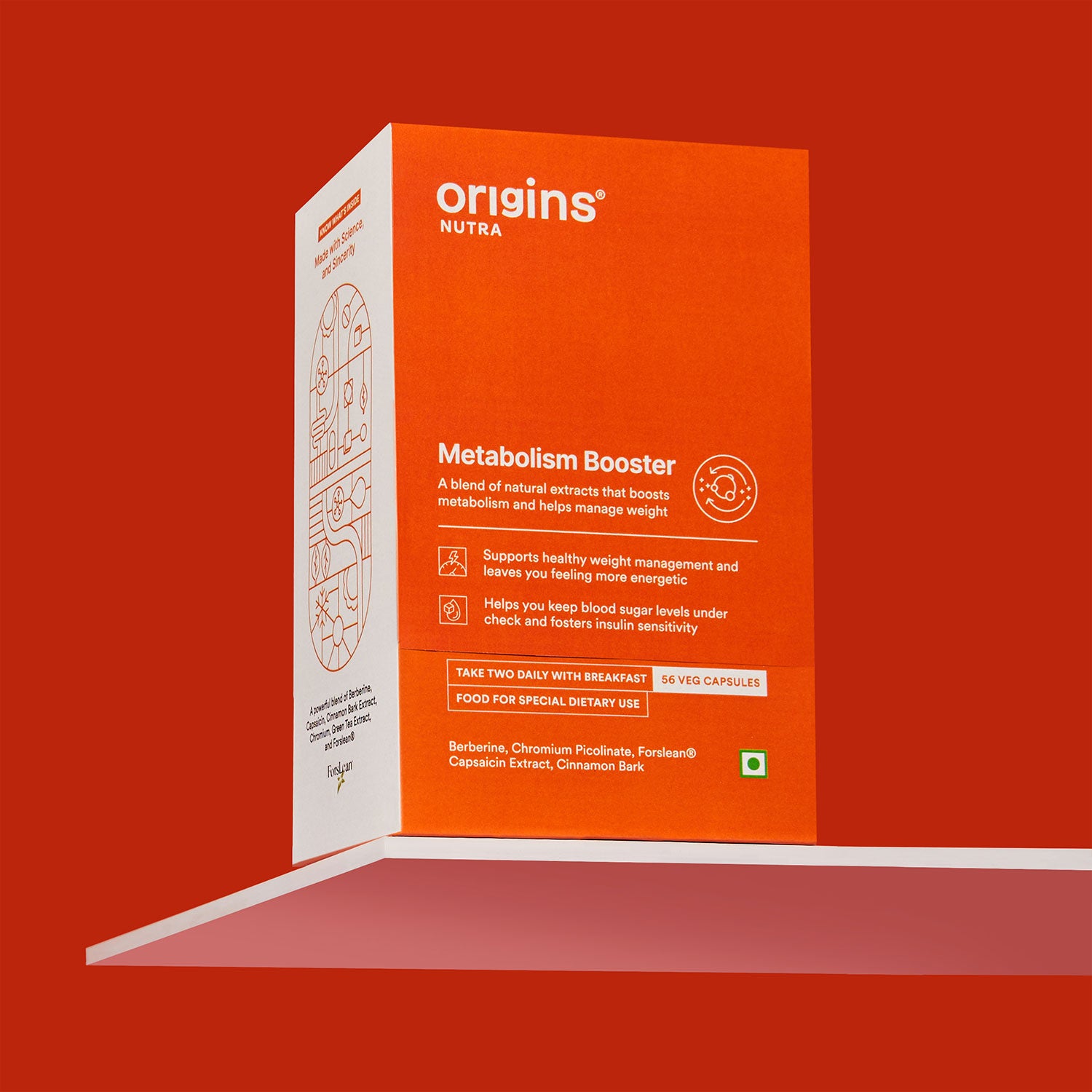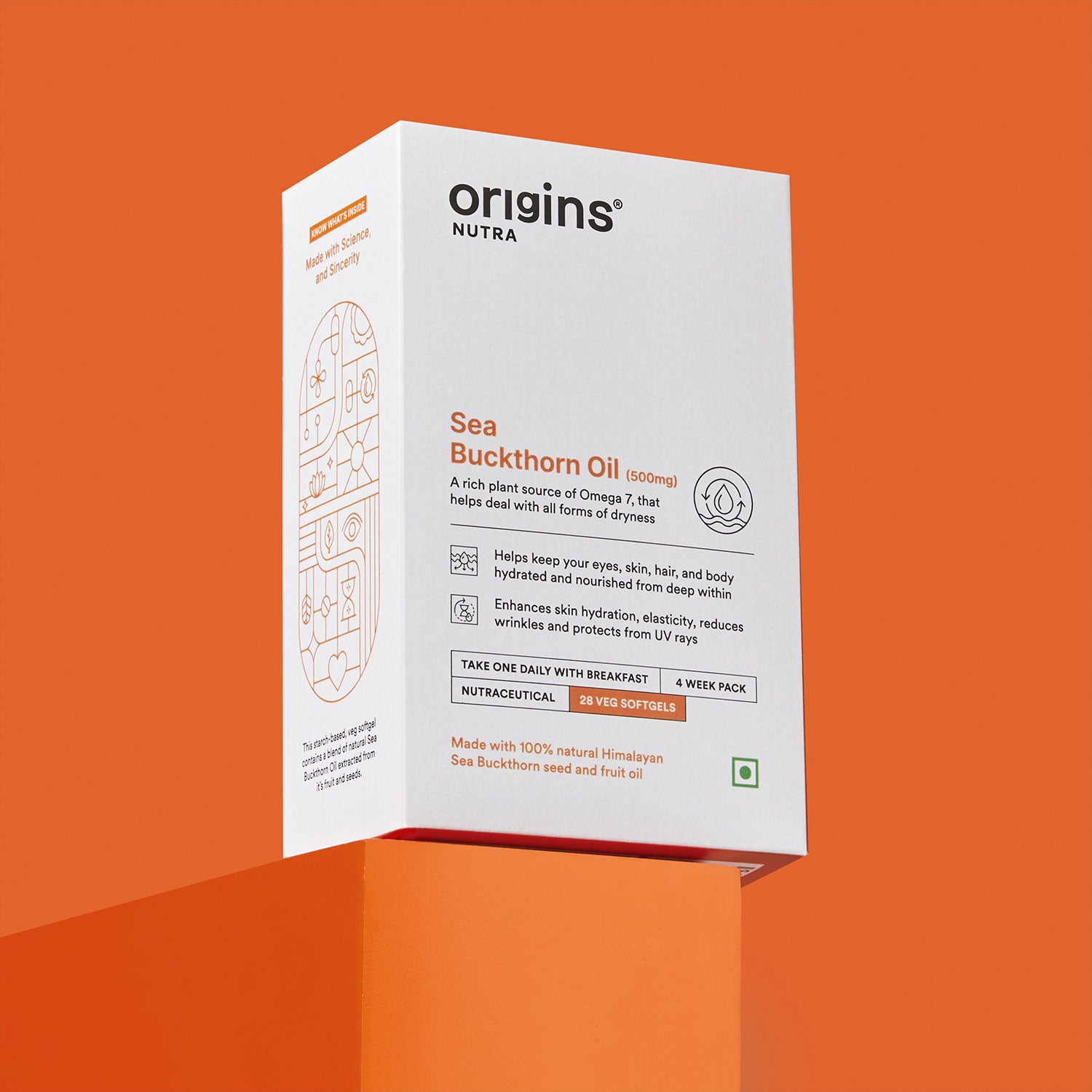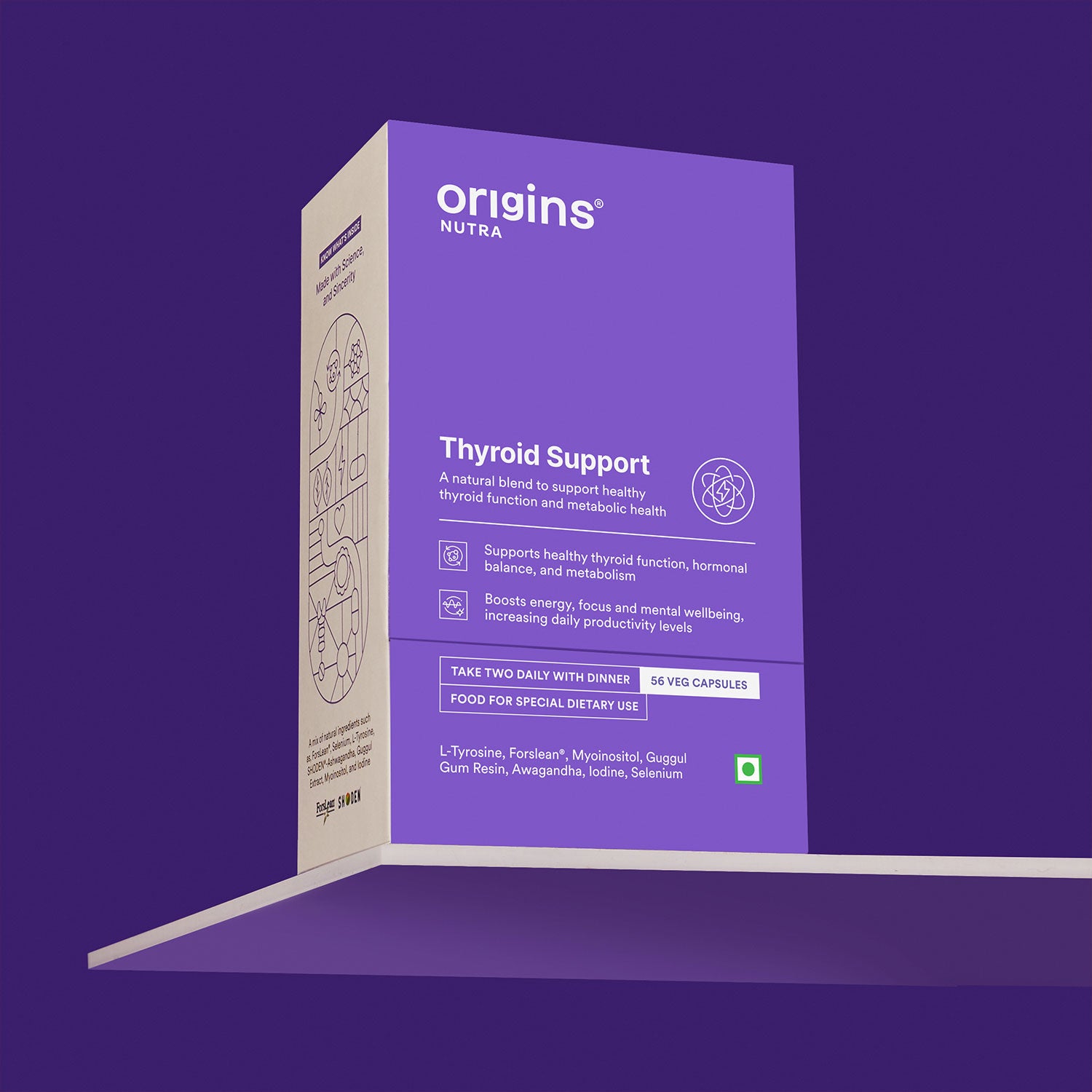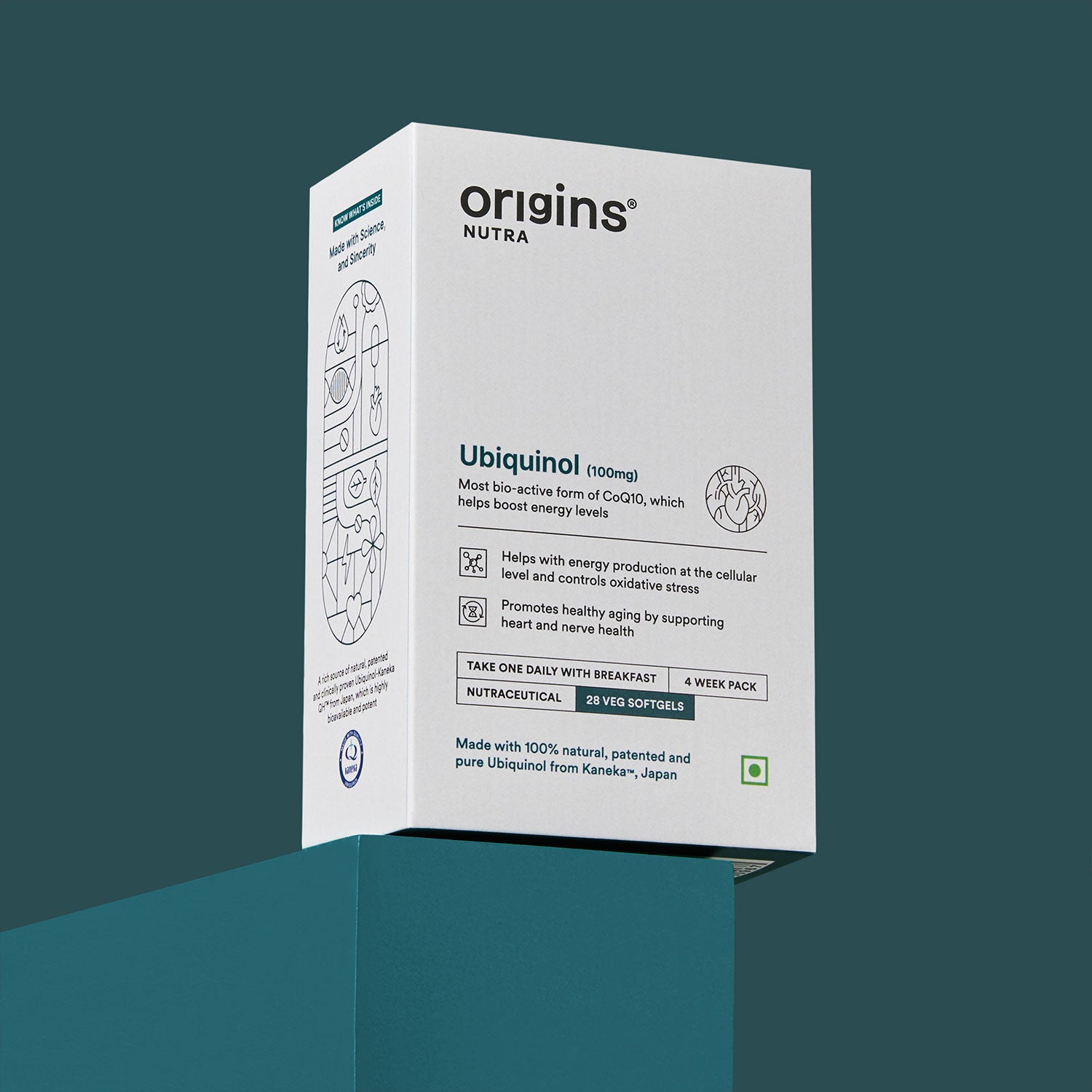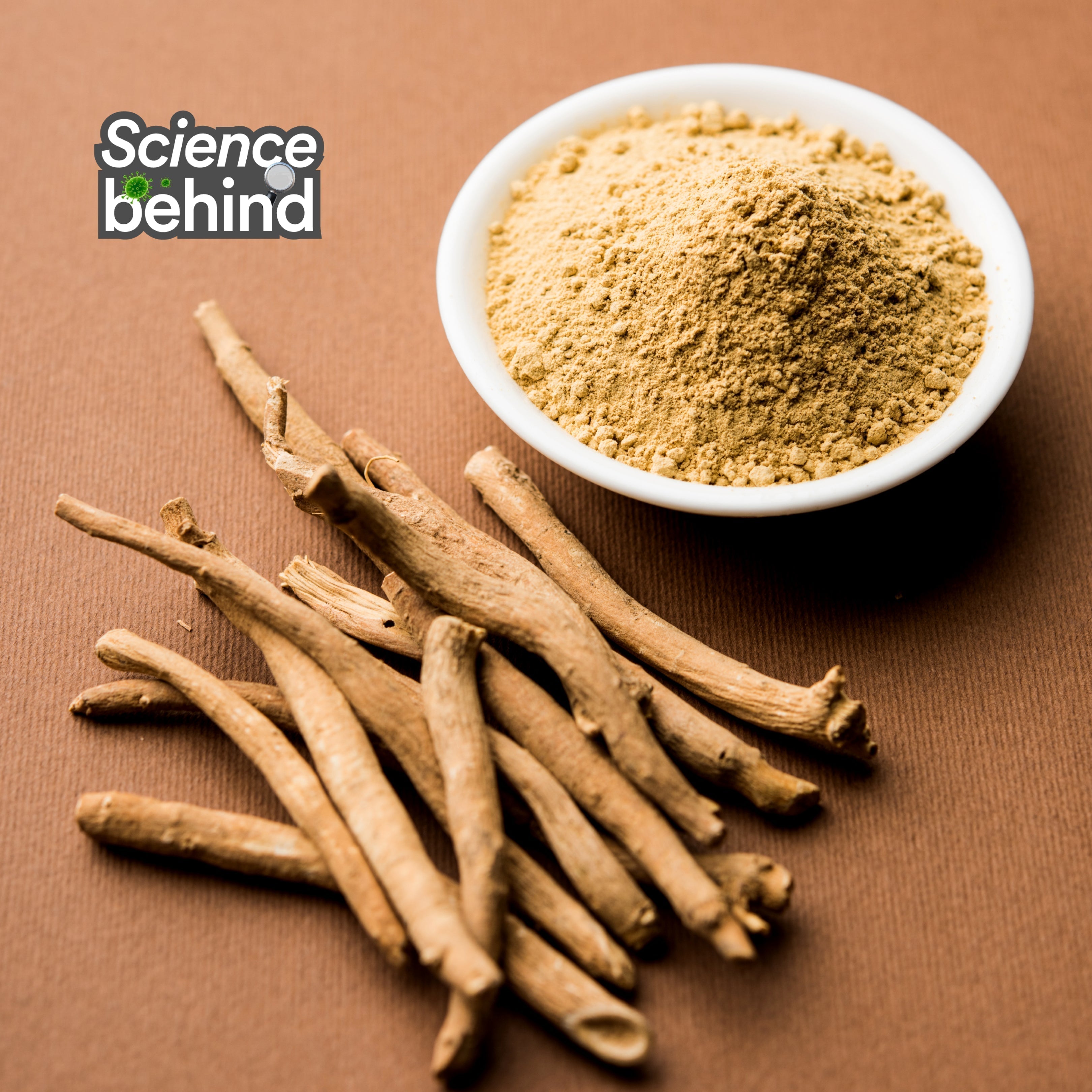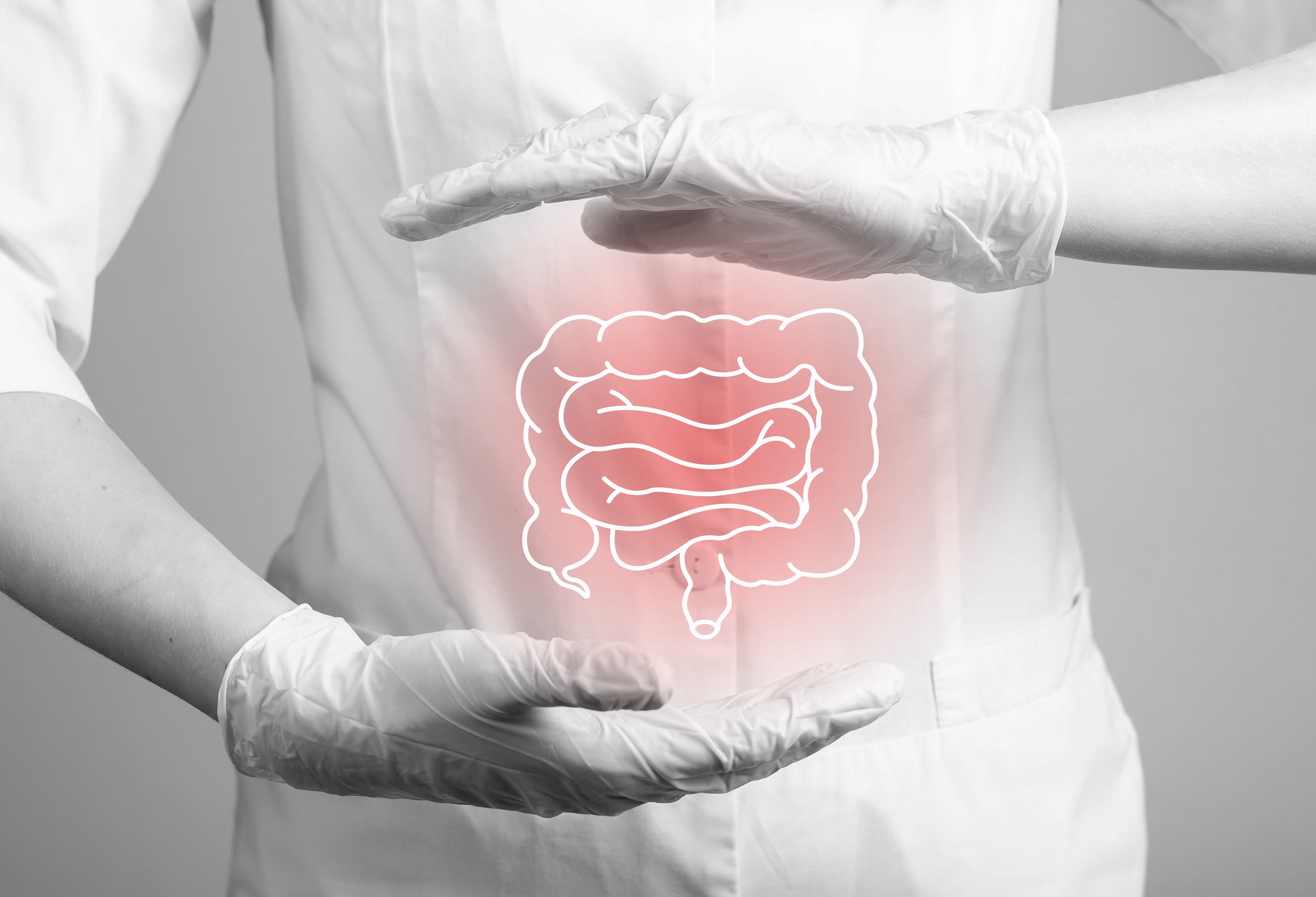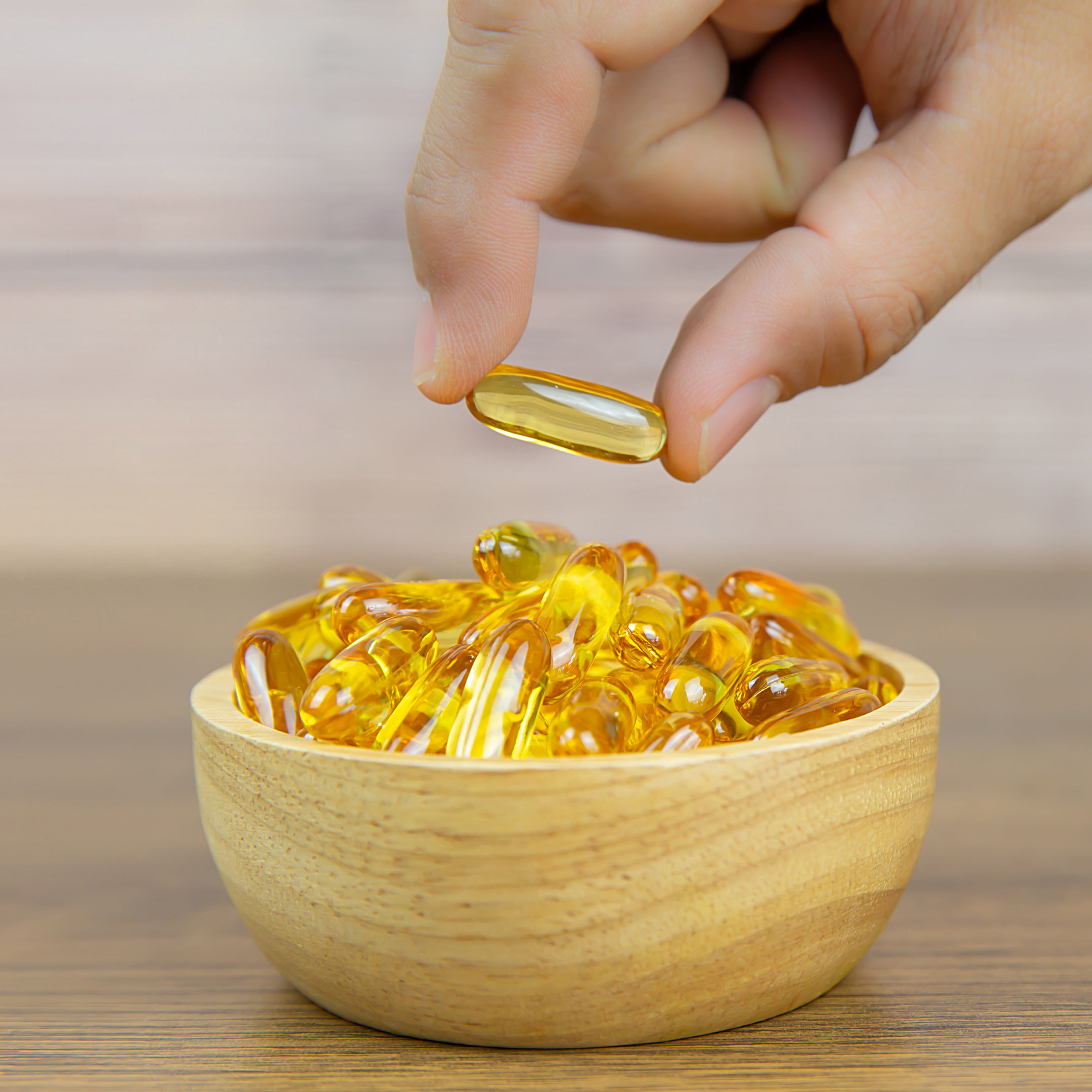Are you trying to get pregnant with PCOS?
Life starts from the womb and a healthy woman gives birth to a healthy life. The reproductive cycle is a boon, but it can also be a bane when affected by endocrine dysfunctions. Reproductive health impacts more than one organ in the body. Polycystic ovarian syndrome or PCOS as we call it, is one of the major concerns in reproductive health. It has seen an increased appearance over the decade in women of all ages.
According to WHO, 8-13% of women in the world are affected with PCOS and 70% are undiagnosed.
PCOS has been a major interruption in both physical and mental health. It is a huge question of fertility in women and their anguish throughout the fertility journey.
This article covers various aspects of PCOS, including its causes, symptoms, treatment, fertility & conception, pregnancy, diet recommendations, and tips for maintaining a full-term pregnancy.

Signs and symptoms to identify with PCOS
Do you identify with:

If you identify with any of these symptoms, then it is a sign from your body to get it diagnosed as early as possible to avoid serious health consequences.
How to Diagnose PCOS:
- Blood tests: Laboratory tests help us identify the follicle-stimulating hormone (FSH), prolactin, progesterone, estrogen, and testosterone levels in the blood.
- Ultrasound: An abdominal ultrasound is performed to check for signs of cysts on the ovaries (more than 10 cysts), and fibroids.
The major causes for PCOS are:
-
Plastics and Parabens:
Globalization and urbanization have led to increased environmental pollution. Some of the toxic agents that are found in plastics like BPA(Bisphenol A), Triclosan, and parabens (found in various cosmetics) are studied as endocrine-disrupting chemicals. Hence, the usage of plastics should be avoided.

-
Genetic factors:
Studies show that PCOS is a polygenic (genetic) and multifactorial syndromic disease. Some of the polygenic disorders can lead to hyper-androgenesis (excessive production of androgens), steroidogenesis (excessive production of steroid hormones), obesity and visceral fat, interrupted hormone receptors, and glucose intolerance.
In short, PCOS can be genetically inherited in a few cases.

-
Lifestyle and stress (Epigenetic factors):
PCOS is a pro-inflammatory state that can be triggered by stress, bad eating habits, disturbed sleep-wake routine, and cortisol are known as the epigenetic factors that can modify the gene expression. Pharmaceuticals, pesticides, cosmetics, and plastics have a heavy influence on your reproductive health and hormones.

Let us understand PCOS vs PCOD.
Although PCOS and PCOD (polycystic ovarian disorder) sound similar, they show different diagnostic criteria with an ultrasound. In PCOS, we find more than 10 cysts in the ovaries whereas with PCOD, the ovaries are enlarged. The symptoms may be common in both cases but PCOS cannot be reversed while PCOD can be recovered through diet, medication, and lifestyle.

Check out this blog for detailed info: Clarifying the Confusion: PCOD vs PCOS
Treatment for PCOS
Polycystic ovarian syndrome is not completely reversible, but the symptoms can be managed.". Hence, primary intervention would be:
- Medications like oral contraceptives (that stimulates hormones into ovulation) and diabetic medications (that support insulin release and enhance energy needs).
- A nutritious diet that curbs bloating, digestive issues, and weight gain.
- Usage of advanced medical technologies like IVF (IN vitro fertilization) that can help the person overcome infertility issues.

Tips to conceive with PCOS:
Women in their reproductive age struggle to conceive with PCOS. While it is true that PCOS makes it hard to get pregnant, with timely medical help it does not seem impossible. Conception rates are low with PCOS. However, with consistent medical support, dietary changes, insulin management, and weight management through physical activities, women can see improvement in their mental as well as their physical health. These interventions regulate menstrual irregularities that can help track ovulation.
- Myo-inositol and delta-chiro Inositol are nutritional supplements that improve ovulatory function and increase glucose cellular uptake acting as a second messenger to FSH.
- Anti-diabetic medication is recommended to avoid metabolic imbalance and regulate weight. Cholesterol management is also recommended using statin medications.
- Melatonin supplementation can induce better sleep quality and helps to maintain a healthy circadian rhythm.
- Identifying deficiencies and supplementing with iron, folic acid, B12, calcium, vitamin D, and other minerals is recommended during the peri-conceptional stages.
- Limited exposure to environmental toxicity, smoke, and reduced usage of plastic supports better health by not triggering epigenetic changes in the body.
How to have a successful full-term pregnancy with PCOS?
There is an increased risk of pregnancy complications in PCOS women. Women with PCOS commonly used IVF treatments than women without such a diagnosis.
- Pre-eclampsia (high blood pressure-hypertension)
- Preterm birth
- The risk of gestational diabetes was more than doubled.
- Infants born to mothers with PCOS were more prone to be large or small for gestational age and were at increased risk of meconium aspiration (newborn breathes a mixture of its stool and amniotic fluid into the lungs around the time of delivery.)

Prevent early pregnancy loss in PCOS:
PCOS might lead to the risk of early pregnancy loss (EPL). This can be avoided with precautionary medical support like:
- Anti-diabetic drugs and other ways of insulin management.
- Weight reduction, maintaining a healthy BMI.
- Complete rest and relaxation methods like meditation.
- IV infusion of multivitamins & minerals to avoid pre-eclampsia and high blood pressure.
- Healthy diet.
- Mild exercise.
- Improved sleep quality.
What should be my diet for PCOS?
- A good amount of hydration with water, soups, buttermilk, and water-rich fruits and vegetables.
- Diet rich in fiber in the form of complex carbohydrates, fruits, and vegetables.
- Diet rich in protein, like nuts, legumes, beans, egg, chicken, and fish.
- It is always recommended to avoid intake of meat and starchy foods as it can spike fat storage and disrupt insulin homeostasis.
- Avoid juices, simple carbohydrates, saturated fats, packaged foods, and sugary treats.
- Avoid storing food in plastic containers.
Key points to remember:
- PCOS is a major concern in women and is a complex condition characterized by elevated androgen levels, menstrual irregularities, insulin resistance, obesity, excessive body hair, and acne.
- Women suffering from PCOS are at a higher risk of mental stress and depressive disorders apart from the tormenting physical symptoms.
- It is very important to identify the symptoms and get medical attention as early as possible.
- Good nutrition, a vegetarian diet, quality sleep, exercise, and consistency combined with medical treatment are the strongest pillars for healing, supporting fertility, and pregnancy-associated risks.
References:
How to improve fertility in women with anovulatory polycystic ovary syndrome (PCOS). – GREM – Gynecological and Reproductive Endocrinology & Metabolism. (n.d.). Retrieved March 7, 2024, from https://gremjournal.com/journal/04-2020/how-to-improve-fertility-in-women-with-anovulatory-polycystic-ovary-syndrome-pcos/
Kamalanathan, S., Sahoo, J. P., & Sathyapalan, T. (2013). Pregnancy in polycystic ovary syndrome. Indian Journal of Endocrinology and Metabolism, 17(1), 37. https://doi.org/10.4103/2230-8210.107830
Khan, M. J., Ullah, A., & Basit, S. (2019). Genetic Basis of Polycystic Ovary Syndrome (PCOS): Current Perspectives. The Application of Clinical Genetics, 12, 249. https://doi.org/10.2147/TACG.S200341
Polycystic ovary syndrome. (n.d.). Retrieved March 7, 2024, from https://www.who.int/news-room/fact-sheets/detail/polycystic-ovary-syndrome
Polycystic Ovary Syndrome (PCOS) | Johns Hopkins Medicine. (n.d.). Retrieved March 7, 2024, from https://www.hopkinsmedicine.org/health/conditions-and-diseases/polycystic-ovary-syndrome-pcos
Srnovršnik, T., Virant-Klun, I., & Pinter, B. (2023). Polycystic Ovary Syndrome and Endocrine Disruptors (Bisphenols, Parabens, and Triclosan)—A Systematic Review. Life, 13(1). https://doi.org/10.3390/LIFE13010138
WILLIAMS, T., MORTADA, R., & PORTER, S. (2016). Diagnosis and Treatment of Polycystic Ovary Syndrome. American Family Physician, 94(2), 106–113. https://www.aafp.org/pubs/afp/issues/2016/0715/p106.html
